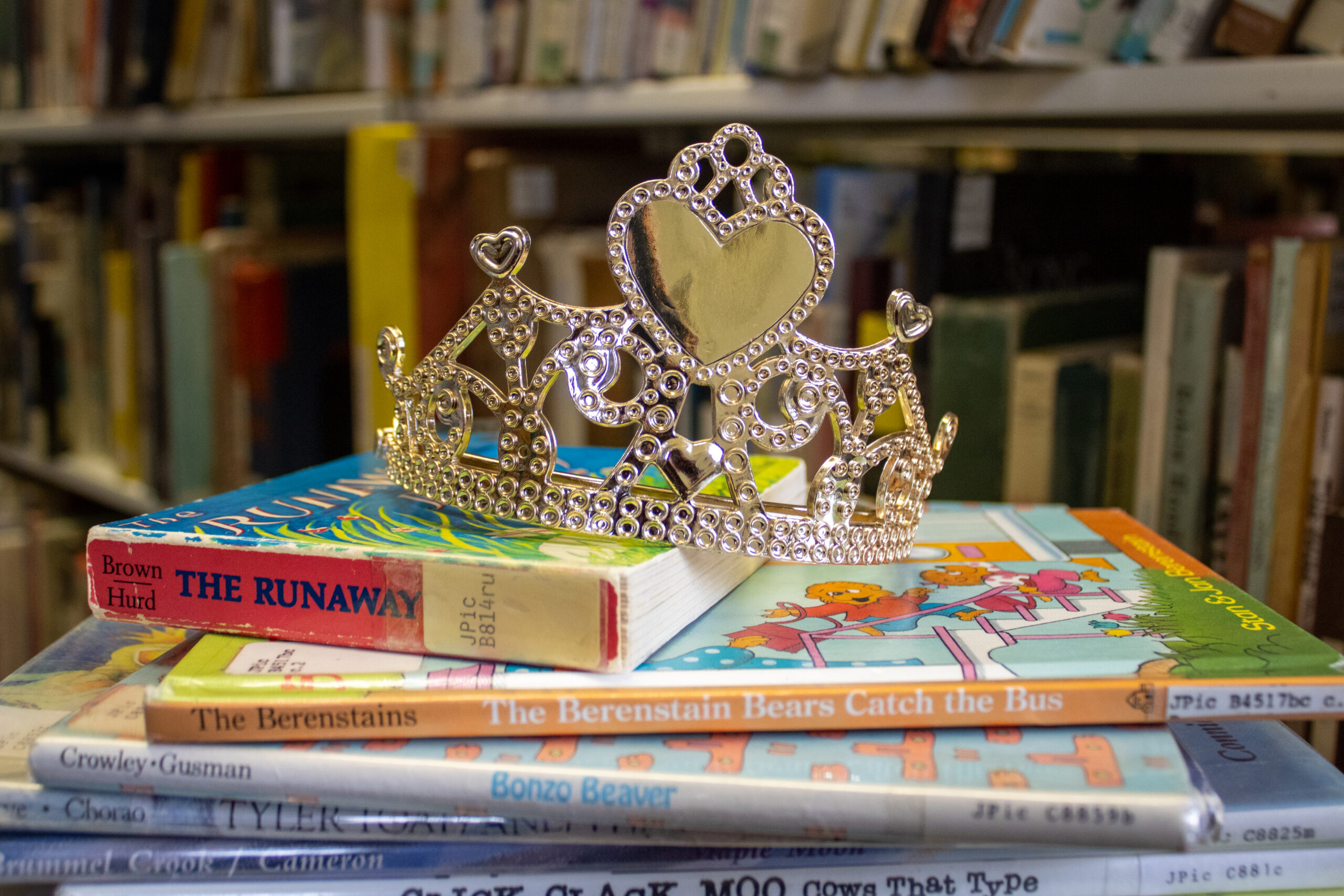Many of those who oppose child beauty pageants suggest that the activities prematurely sexualize young girls and encourage too much insecurity about their appearance at such an early age. Those not opposed to child beauty pageants often suggest that these competitions build confidence and are a family-friendly activity, which I wholeheartedly disagree with. Myself and many others believe that child beauty pageants are barbaric and reinforce society’s already unrealistic standards that are being pushed onto young girls. These pageants are created to reward children for their appearance, personality and little else.
Child beauty pageants have existed in the United States for decades but became spotlit following the tragic death of JonBenét Ramsey in 1996. Indeed, when most people think about child beauty pageants, JonBenét is the person many initially think of. Since her death in 1996, pop-culture attention has intensified, with productions such as documentaries and television series focusing on the American subculture of child beauty pageants. Many young girls have become media starlets, even though by doing so, they’re subjected to great criticism. Also, a study published on the American Psychological Association website suggests that girls who compete frequently in beauty pageants tend to feel less competent in both physical and academic arenas, which runs counter to the assertions of those who encourage these competitions.
Vernon R. Wiehe, a professor at the University of Kentucky College of Social Work, states, “sexualization occurs through little girls wearing adult women’s clothing in diminutive sizes, the use of makeup which often is applied by makeup consultants, spray tanning the body, the dying of hair and the use of hair extensions, and assuming provocative postures more appropriate for adult models.”
This premature sexualization of young girls is just one of the many reasons that I think this practice should be criminalized. Not only does it allow the perverse-minded a front-row seat to these young girls, but it also teaches them ways of sexualizing themselves, such as changing their physical appearances to become “more attractive” as though it were normal for school-aged children. The routines that these young children are put through are horrible and extremely unhealthy for their growing bodies.
Despite the long hours that these children work for the financial gain of their parents, the industry is mostly unregulated, with pageants existing independent of child labor laws. School-aged children need adequate rest, and it has been shown that the children participating in these competitions cannot achieve that.
In addition to everything that’s already been stated, there are beauty pageants that are actually bikini contests for these young girls. Miss Tanguita, or “Miss Little Thong,” is held yearly for the “Del Rio Suarez” Festival in Colombia. Many of those who are against this festival say that, although it is legal, it goes against the human rights of the minors in the competition. Up until 2016, the United States held very similar pageants, but the swimsuit competitions have since been removed and replaced with an athletic wear round instead (although it’s not that much better). In the case of Ramsey, footage of the then-six-year-old performing onstage wearing a ‘skimpy’ outfit with full makeup and hair during a child beauty pageant was broadcast on televisions all across the United States.
I may not have first-hand experience with these pageants, but I know a few girls who competed as children, and their responses are as expected. They loved the attention, the glamor and the pretty dresses, but it was also stressful, embarrassing and overly competitive. This is without even mentioning the body dysmorphia they received from being called fat at the ripe age of seven. I also know how these competitions influence personality. As these girls grew up in a highly competitive atmosphere, that general attitude of unnecessary competitiveness followed them well into adulthood. These pageants aren’t good for the children who participate in them and should be reserved for adults who can consent to the entire pageant process and not children whose innocence is being weaponized against them in the form of a sparkly crown.




